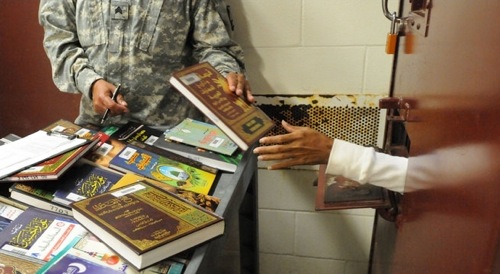There is a never-ending debate in library science on what types of content should be withheld from the bookshelves. Subjects like pornography seem like a universal “no.” But between the obvious “yeses” and “noes,” there are shades of gray, as with the recent controversy over the popular E.L. James novel. Without clear-cut lines, it…
Read moreGuantánamo Public Memory Project
Archive: October 2012
Haitian Refugees’ Odyssey by Boat to Guantánamo Bay
National Dialogue and Traveling Exhibit
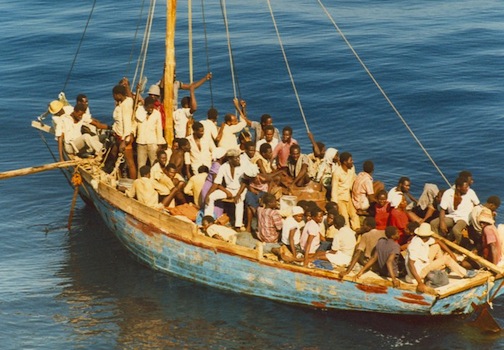
I found studying images, maps, and videos of GTMO to be an enlightening experience. The Guantánamo Public Memory Project (GPMP) website covers the history of Guantánamo Bay, Cuban history, as well as news and updates on the post 9/11 era. One of the things that I found especially informative, and that I could to…
Read moreValue Shift: Guantánamo is an Environmental Resource
National Dialogue and Traveling Exhibit
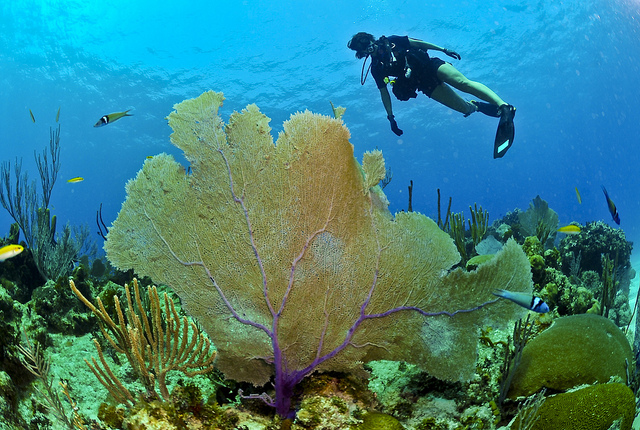
With recent news items in the American media centering on unthinkable human rights violations and hopeful closings, and earlier historical American connections based on international power struggles, it’s easy to overlook Guantánamo’s natural beauty. But consider Guantánamo an “untouched” Caribbean Sea harbor at the southern end of Cuba, a beautiful bay surrounded by steep hills,…
Read moreExamining Transparency at Guantánamo and in the Military Community
National Dialogue and Traveling Exhibit
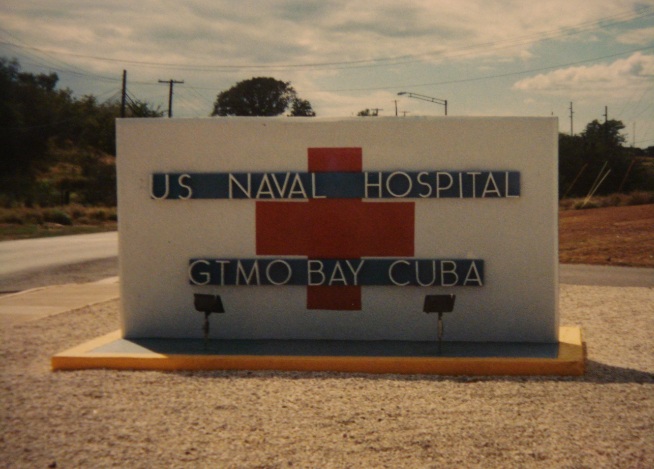
While reviewing the UWF history program’s collection of oral histories with individuals who have spent time serving at the US Naval Station at Guantánamo Bay, I was struck by a comment made by Pat Weathers, a woman who worked at the hospital on base in the early 2000s while her husband, Michael, was stationed…
Read moreWhere Does a Nation’s Power Reside?
National Dialogue and Traveling Exhibit
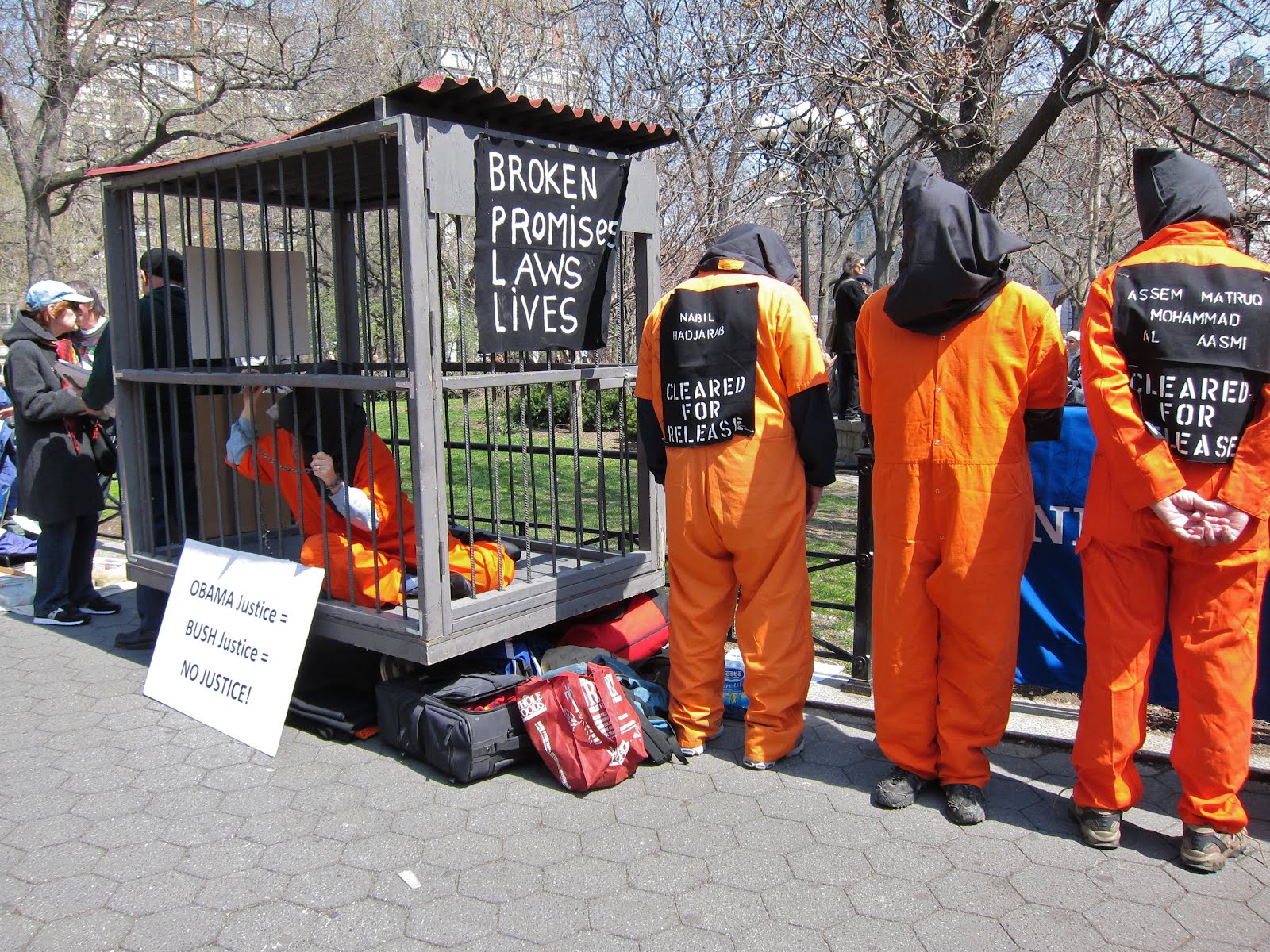
“What is prestige? Is it the shadow of power or the substance of power? -John F. Kennedy After the September 11th attacks and the subsequent War on Terror, the crux of the shadow power of America has resided at the US Naval station at Guantánamo Bay, Cuba. Some of the most poignant and affecting pictures…
Read morePublic Memory and the History of the McRib
National Dialogue and Traveling Exhibit

If you are a politically conscious person in the least, you probably have an opinion on Guantánamo Bay, the American Naval Base cum Temporary Detention Center for Haitian/Cuban Refugees cum Indefinite Detention Center for Enemy Combatants, quixotically located on the southeastern edge of Communist Cuba. Though the existence of the base has been public knowledge…
Read moreThe Protectorate?: US Paternalism in the Conception of Guantánamo
National Dialogue and Traveling Exhibit
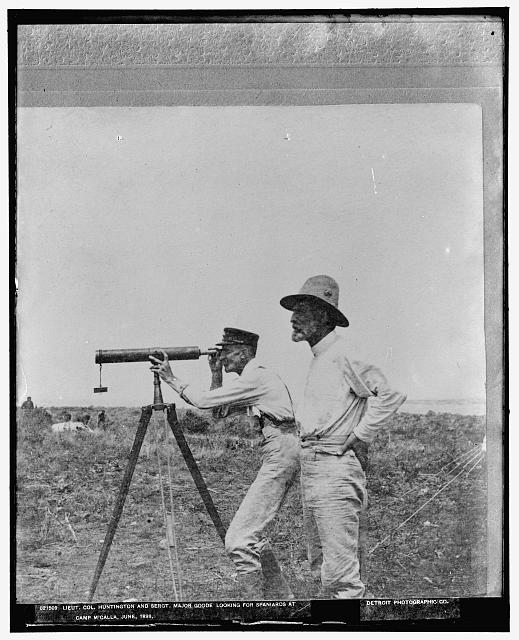
In June of 1898 the US began its occupation on the beaches of Guantánamo Bay in order to help Cuba in their fight for independence from Spanish rule. This larger conflict would later be known as the Spanish-American War. In August of 1898, Spain relinquished control over Cuba. However the US government and “most Americans…
Read moreGUANTÁNAMO BAY, U.S.A.
National Dialogue and Traveling Exhibit
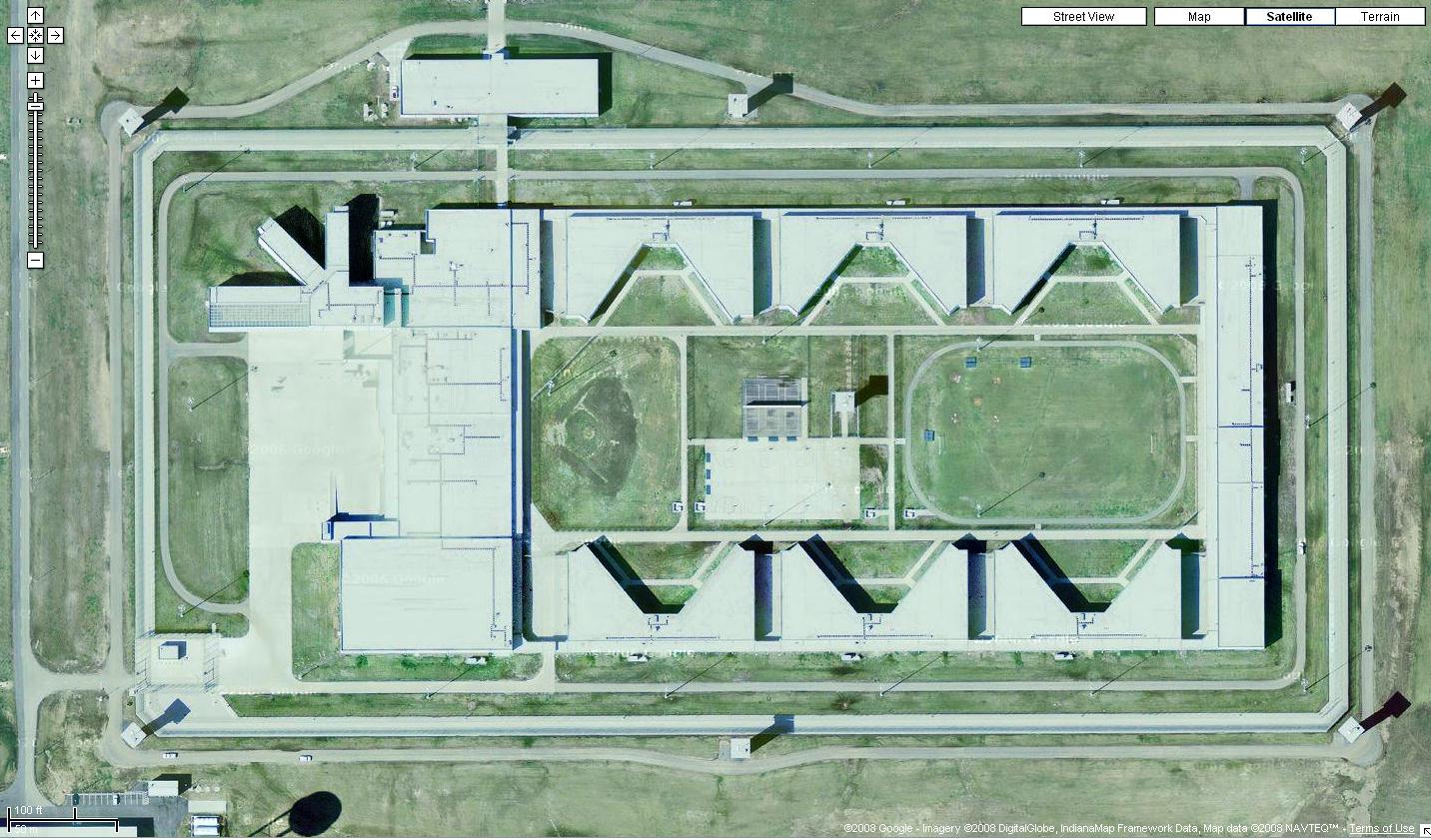
The location of a space is not merely geographical, mappable via GPS and defined by a specific longitude and latitude or address. A space is also a concept, positioned within an ambiguous region (e.g. the South) or only in a perceptual region (e.g. the good old South), and is defined by integral sociopolitical characteristics. The latter…
Read moreGuantanamo Post 9/11: The Limits of Art as Therapy
National Dialogue and Traveling Exhibit
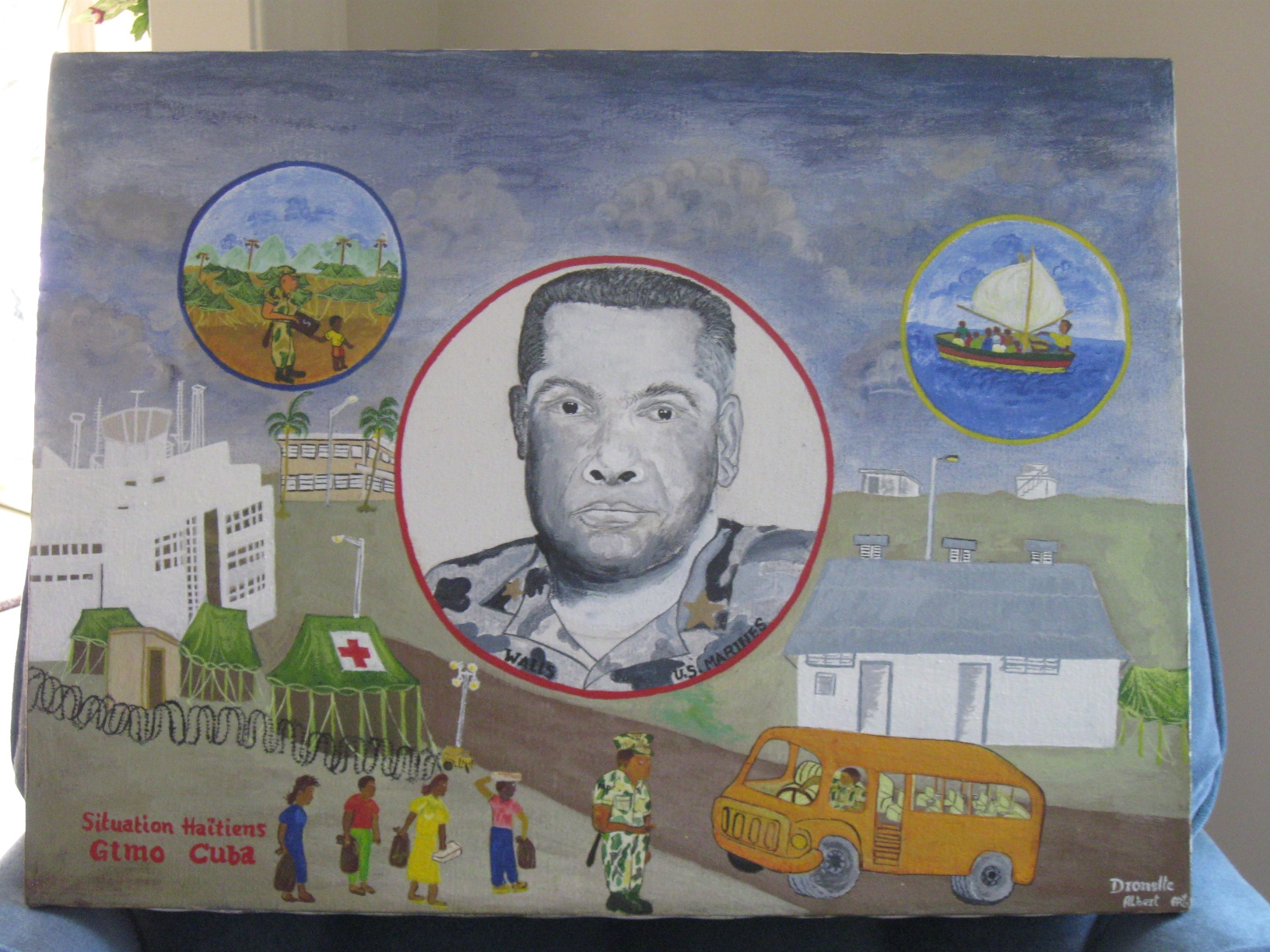
Zak was the pseudonym of Guantanamo’s Arab-American cultural advisor. In 2008, Zak and the Joint Task Force initiated art classes at Guantanamo Bay detention camp as a way of controlling behavior. Zak affirms, “…we want to keep their brains stimulated…once [the prisoners] are engaged and busy, they leave the guards alone…” The Prisoners are encouraged…
Read moreBehind the Cactus Curtain: Innocence in the Midst of History-Making
National Dialogue and Traveling Exhibit
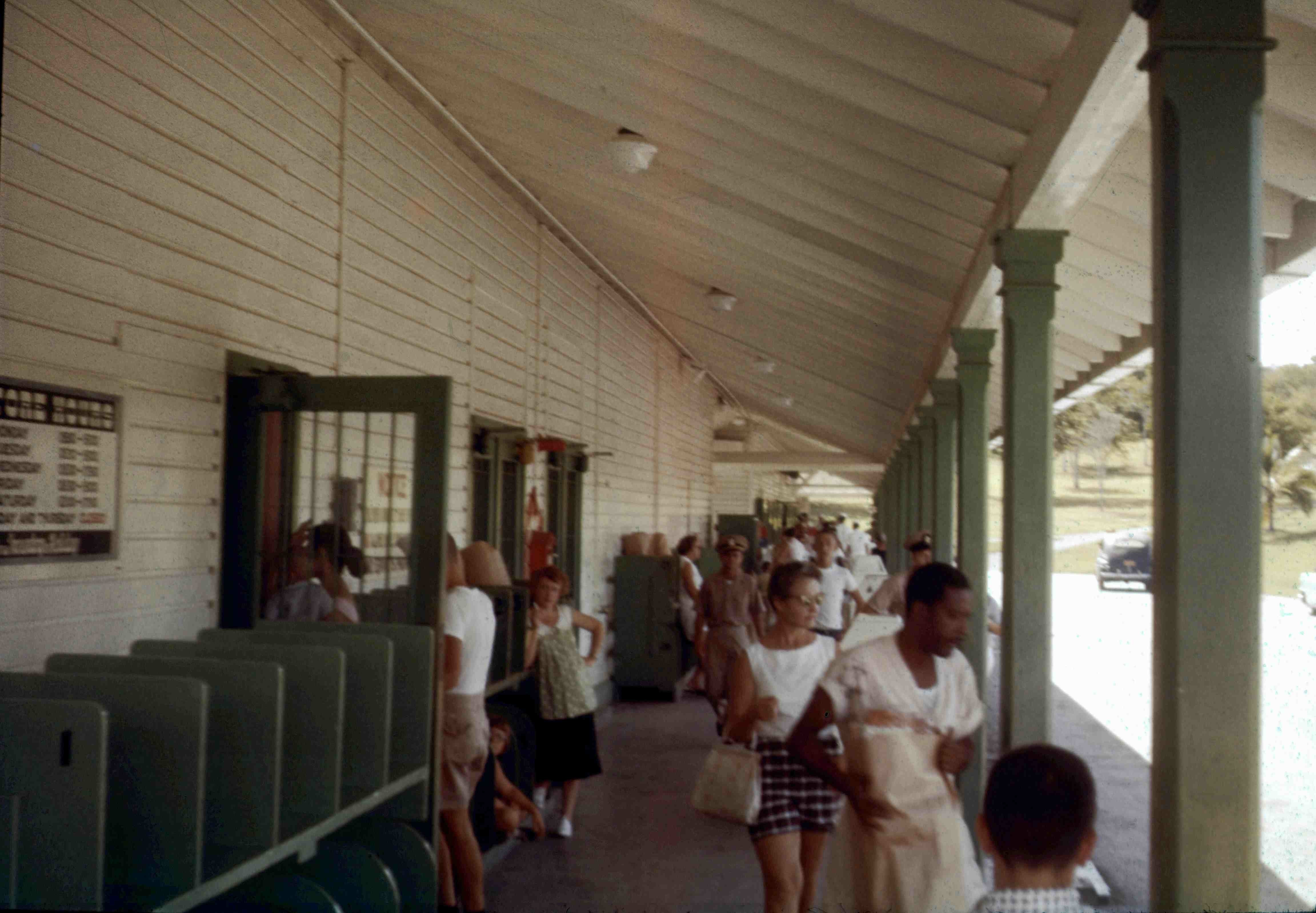
Hearing Susan Lagos reminisce about her childhood of horseback riding, traveling with her parents, learning Spanish, and memorizing Shakespeare for high school English, you would think she was a fairly normal middle-class American who grew up in the 1950s and 1960s. But Susan did not grow up in America; she grew up as a civilian’s…
Read moreCreative: Picture Projects & Tronvig Group

